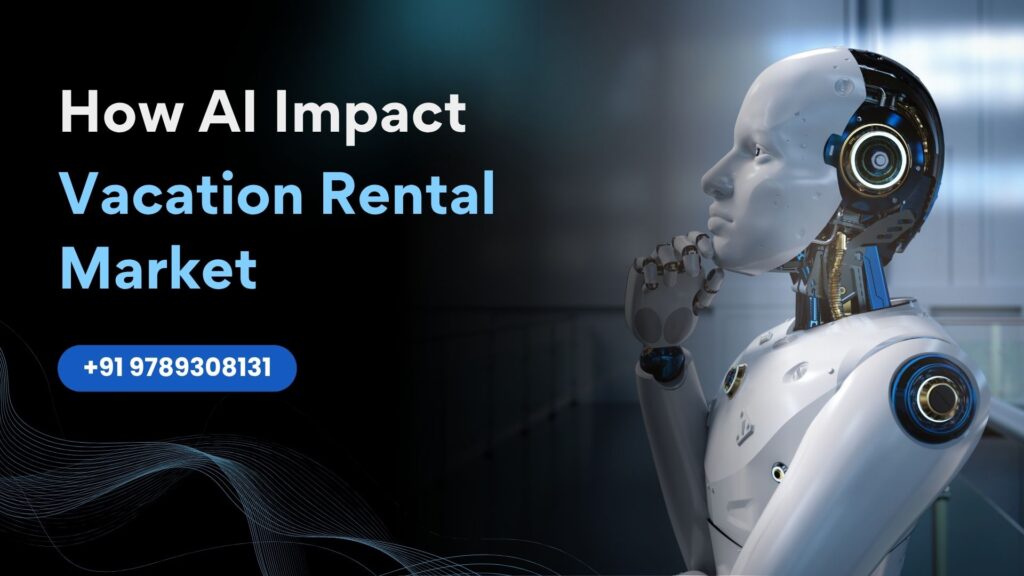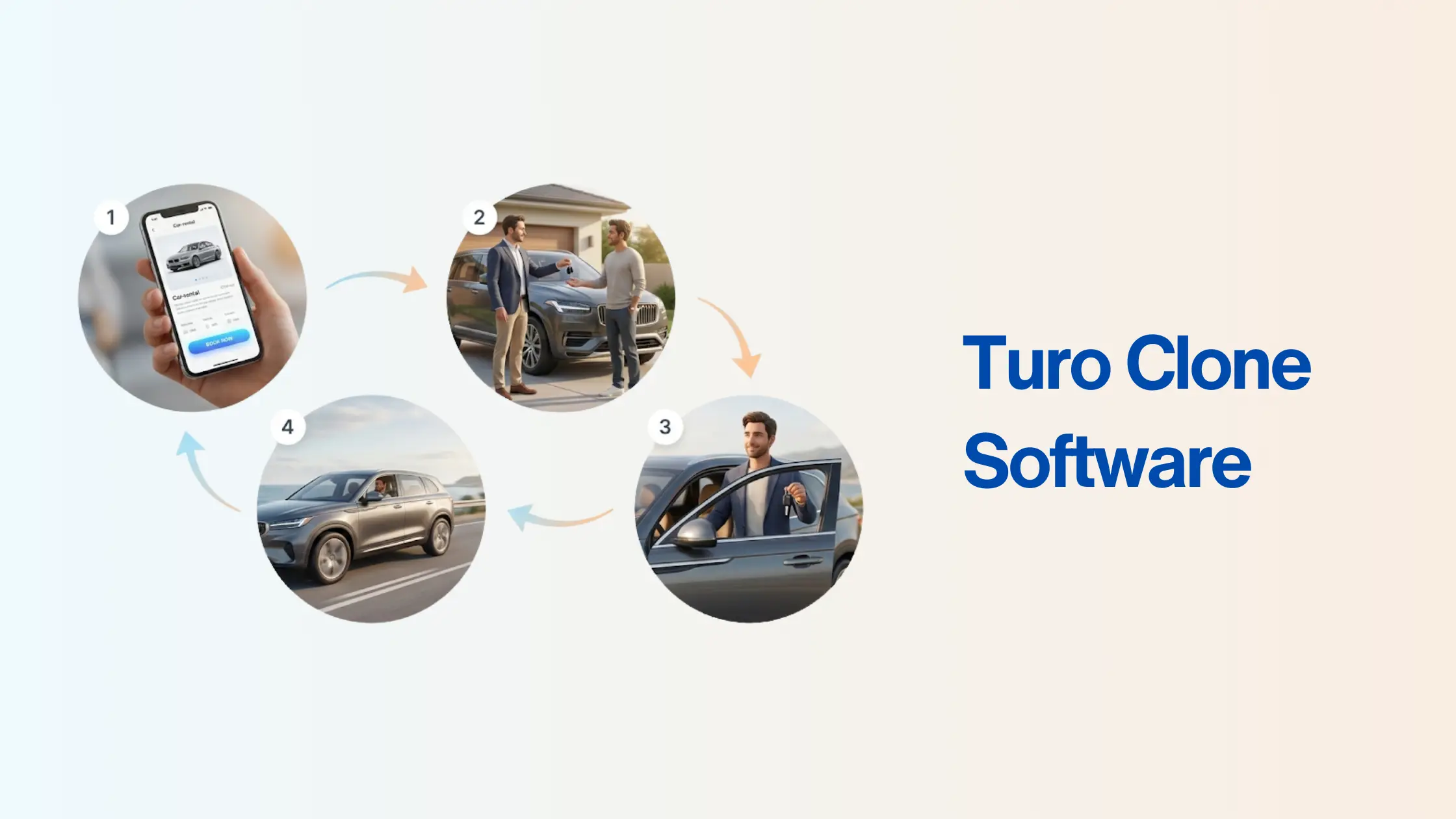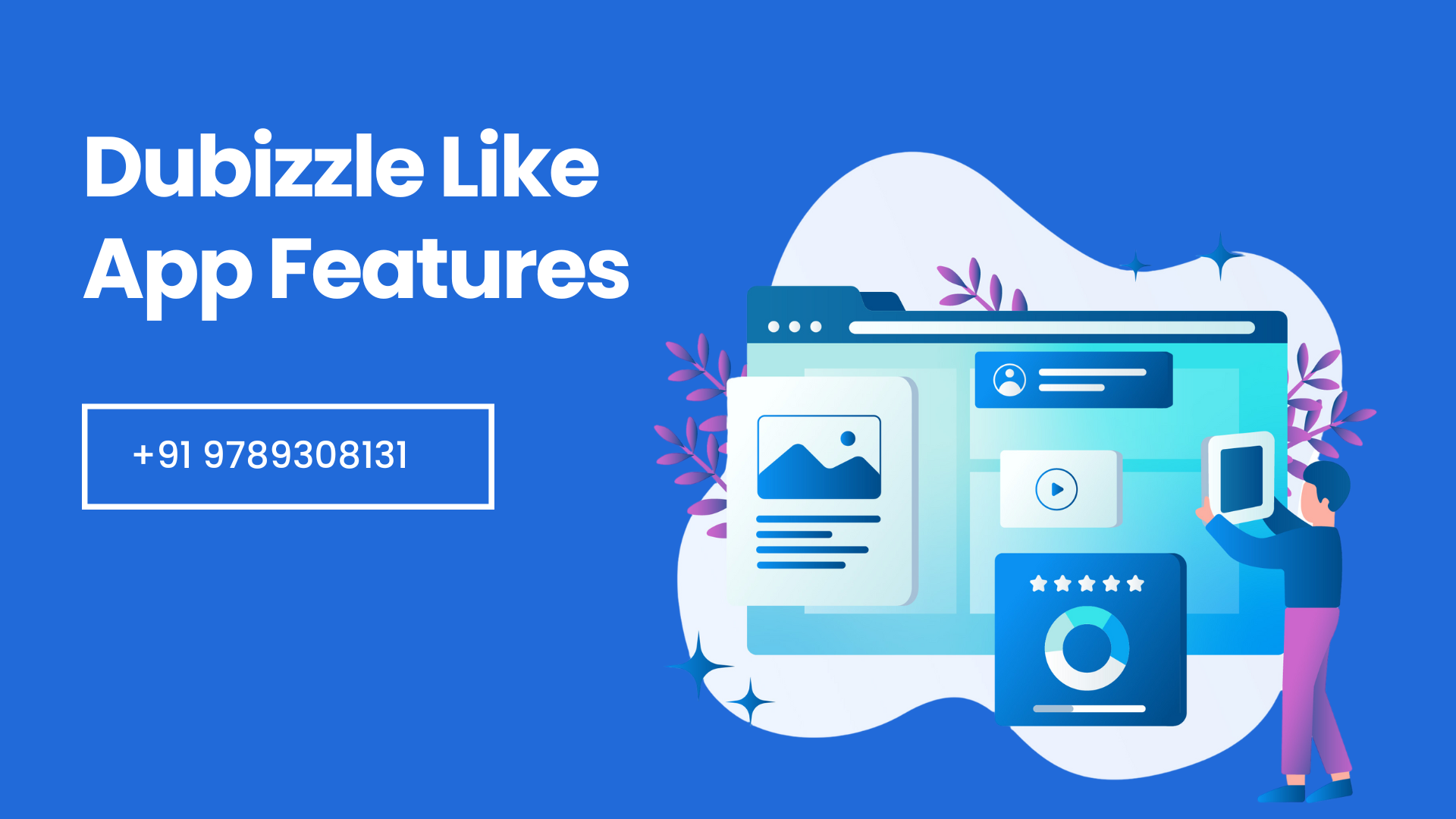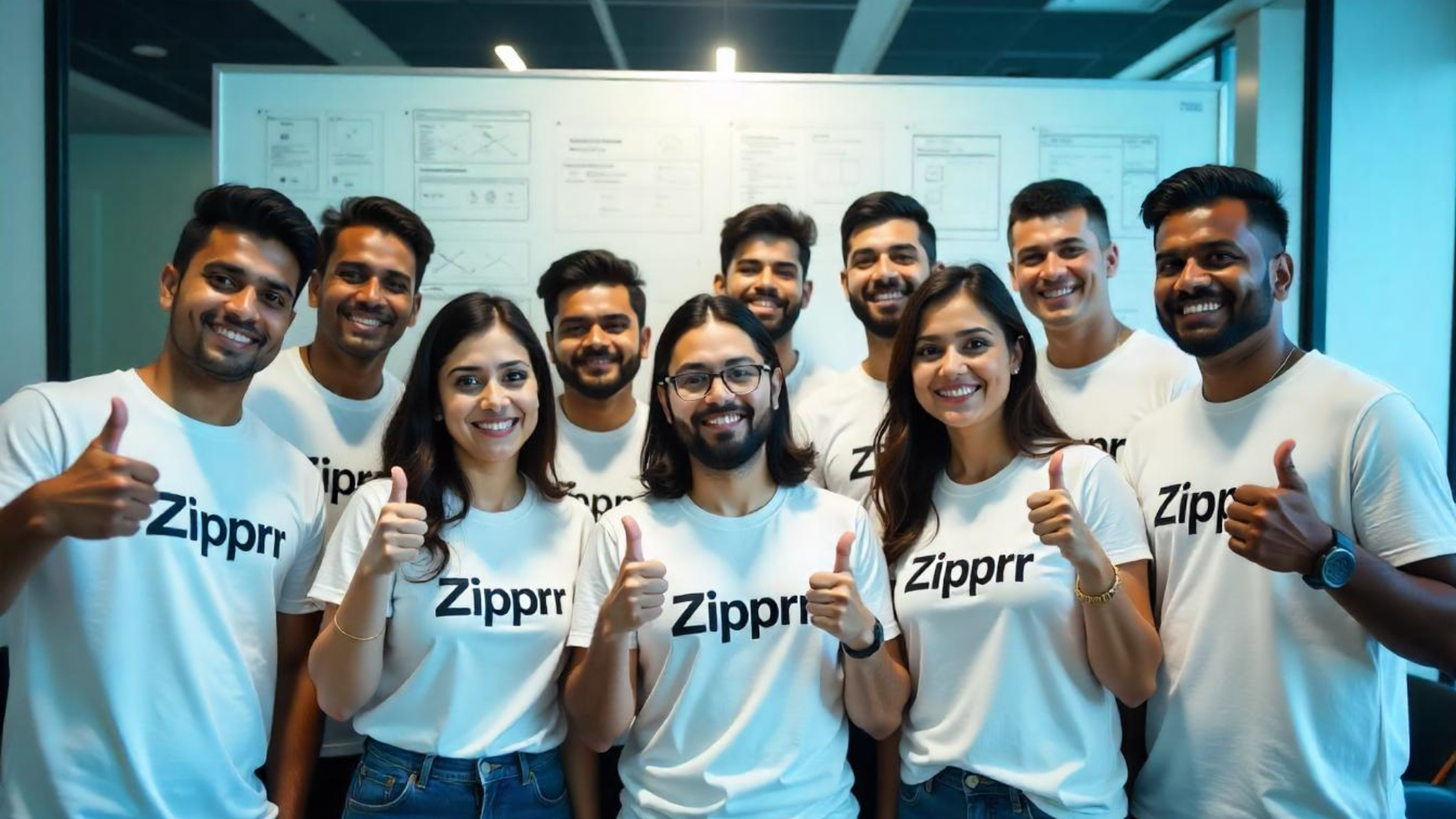Artificial intelligence (AI) is transforming industries, from healthcare to finance, by automating tasks and enhancing efficiency. Now, it’s quietly reshaping the vacation rental market, offering smarter solutions for property managers and better experiences for guests.
For hosts, AI streamlines bookings, pricing, and guest communication, while travelers enjoy personalized stays and 24/7 support. As adoption grows, AI is becoming a key tool for staying competitive in the evolving rental landscape.
The Growing Role of AI in Vacation Rentals
The vacation rental industry is undergoing a quiet revolution as artificial intelligence gains widespread adoption. Recent data shows 70% of property managers now use AI tools – a dramatic 63% surge from just 43% in late 2023. This rapid adoption signals a fundamental shift in how rental businesses operate and compete in today’s digital landscape.
AI has become indispensable for boosting operational efficiency across the sector. Property managers leverage automation to handle time-consuming tasks like booking management, guest communications, and dynamic pricing. These AI solutions free up valuable hours – with 35% of managers reclaiming nearly four workdays annually – allowing them to focus on strategic growth rather than administrative burdens.
Guest satisfaction has emerged as another critical area where AI delivers transformative results. Intelligent chatbots provide 24/7 assistance, while personalized recommendations create tailored experiences that today’s travelers expect. This technological edge explains why 61% of adopters report gaining a competitive advantage in crowded rental markets.
The surge in AI implementation reflects its proven ability to solve industry pain points. From optimizing cleaning schedules to predicting booking trends, AI tools help managers work smarter. With 23% of users already seeing increased bookings, the business case for AI adoption grows stronger by the day.
As the technology continues evolving, AI’s role in vacation rentals will only expand further. With three-quarters of property managers optimistic about AI’s potential, the industry appears poised for even greater transformation as smarter tools reshape operations and guest experiences alike.
Key Benefits of AI for Vacation Rental Businesses
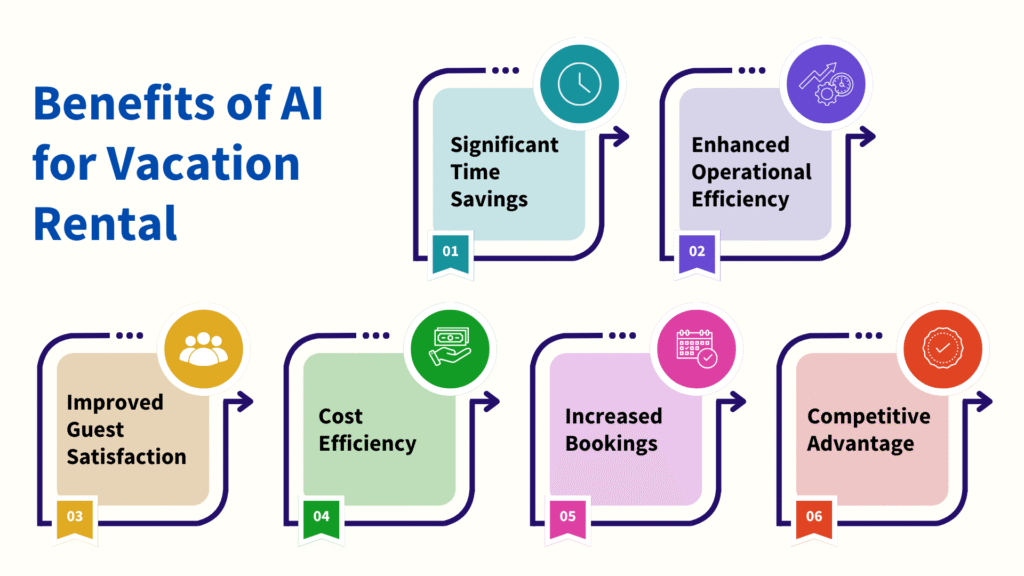
The vacation rental industry is rapidly embracing artificial intelligence (AI) to streamline operations, enhance guest experiences, and boost profitability. From automating repetitive tasks to delivering personalized stays, AI is proving to be a game-changer for property managers and hosts. Below, we break down the key benefits of AI in vacation rentals, backed by real-world adoption trends and measurable results.
1. Significant Time Savings
One of the most compelling advantages of AI is its ability to save time—a precious resource for property managers. Studies show that 35% of managers gain the equivalent of four extra workdays per year by automating tasks like guest communication, booking management, and scheduling. For hosts managing 26 or more properties, the efficiency gains are even more dramatic, with 47% reporting substantial time savings.
AI-powered tools handle routine operations—such as responding to inquiries, sending check-in instructions, and processing bookings—freeing up managers to focus on strategic growth rather than administrative work.
2. Enhanced Operational Efficiency
Manual processes in vacation rentals are prone to human errors and inefficiencies. AI eliminates these pain points by:
Automating bookings and inquiry responses (reducing no-shows and double bookings)
Coordinating cleaning and maintenance schedules in real time
Syncing calendars across multiple platforms (Airbnb, Vrbo, etc.)
By minimizing manual intervention, AI ensures smoother operations while reducing costly mistakes that can harm a rental business’s reputation.
3. Improved Guest Satisfaction & Loyalty
Today’s travelers expect personalized, seamless experiences, and AI helps deliver exactly that. Key ways AI enhances guest satisfaction include:
AI-driven personalization (tailored recommendations for local attractions, dining, and amenities)
24/7 chatbots and virtual assistants that instantly resolve guest queries
Automated follow-ups and review requests to boost engagement
Properties using AI report higher ratings and more repeat bookings, as guests appreciate the instant support and customized touches.
4. Cost Efficiency & Reduced Overhead
While 31% of property managers don’t see direct cost reductions, AI indirectly cuts expenses by:
Reducing staffing needs for customer service and administrative tasks
Optimizing energy usage in smart homes (lower utility bills)
Minimizing vacancy rates through dynamic pricing and demand forecasting
For many businesses, AI’s biggest financial benefit is improved productivity, allowing managers to handle more properties without proportionally increasing labor costs.
5. Increased Bookings & Higher Occupancy Rates
AI doesn’t just streamline operations—it also drives more revenue. Data reveals that 23.2% of vacation rental businesses see increased bookings after adopting AI. This growth comes from:
Dynamic pricing algorithms that maximize revenue per booking
AI-optimized listings that rank higher on rental platforms
Automated marketing campaigns targeting the right guests
6. A Strong Competitive Advantage
In an increasingly crowded market, AI adoption provides a clear edge. Surveys show that 61-61.8% of property managers believe AI gives them a competitive advantage by:
Delivering faster, more efficient service than traditional rental businesses
Enabling data-driven decisions (pricing, marketing, and guest preferences)
Future-proofing operations as AI becomes an industry standard
Common AI Applications in Vacation Rentals (Real-World Use Cases)
1. Dynamic Pricing (41% Adoption)
AI-powered pricing tools automatically adjust rental rates in real-time by analyzing:
Local events and demand surges
Competitor pricing strategies
Seasonal booking patterns
Use Case: A beach house in Malibu using Beyond Pricing saw 27% higher revenue by automatically increasing rates during summer weekends and lowering them during mid-week periods to maintain occupancy.
2. Guest Experience Enhancement (30% Adoption)
AI creates personalized stays through:
Automated local recommendations (restaurants, attractions)
Smart home integrations (voice-controlled lighting/thermostats)
Predictive amenities (suggesting baby gear for families)
Example: A Lake Tahoe cabin using Hostfully’s digital guidebooks sends customized winter activity suggestions when guests book during ski season, improving satisfaction scores by 18%.
3. AI-Powered Marketing (29% Adoption)
Vacation rental marketers use AI for:
Automated social media ads targeting lookalike audiences
Listing optimization analyzing photo performance
Email campaigns triggered by guest behavior
Real Case: A Barcelona apartment owner using Rentals United increased conversions by 33% after AI identified their sunset balcony photos generated 50% more engagement than interior shots.
4. Chatbots & Virtual Assistants
Modern solutions handle:
Instant responses to 80% of common inquiries
Automated booking confirmations and check-in instructions
Multilingual support for international guests
Implementation: A New York host using Hostaway’s chatbot reduced inquiry response time from 6 hours to 3 minutes while handling 35% more bookings.
5. Cleaning & Maintenance Automation
AI systems now:
Auto-schedule cleanings based on real-time bookings
Track supply levels (toiletries, linens)
Predict maintenance needs through IoT sensors
Proven Results: A 20-property portfolio in Austin using Turno reduced cleaning costs by 22% through optimized routing and automated quality checks.
Limitations & Challenges of AI in Vacation Rentals
Human Connection Gap – 65% of property managers report AI struggles to replicate authentic hospitality experiences
Complex Issue Handling – 54% doubt AI’s ability to resolve nuanced guest problems like maintenance emergencies
Data Privacy Risks – Sensitive guest information processing raises cybersecurity and compliance concerns
Implementation Costs – High upfront investment for small operators ($2,000-$15,000 for enterprise AI solutions)
Integration Hurdles – 40% face technical challenges connecting AI tools with existing PMS and channel managers
Training Requirements – Staff need 3-6 months to fully adapt to new AI-driven workflows
Over-Automation Risks – Some guests still prefer human interaction for special requests or complaints
The Future of AI in Vacation Rentals
The vacation rental industry is on the cusp of an AI-driven transformation, with emerging technologies poised to redefine hospitality standards. Here’s what the future holds:
1. Hyper-Personalized Guest Experiences
AI will leverage guest data (past stays, preferences, and behavior) to curate fully customized itineraries, from activity recommendations to in-stay amenities.
Example: An AI concierge that pre-stocks a rental with a guest’s favorite snacks before arrival.
2. Predictive Maintenance & IoT Integration
Smart sensors will anticipate maintenance needs (HVAC failures, plumbing leaks) before they disrupt stays.
Imagine a villa that automatically adjusts lighting, temperature, and music based on real-time guest preferences.
3. Advanced Dynamic Pricing & Revenue Management
AI will factor in micro-market trends, weather forecasts, and even social media buzz to optimize pricing in real time.
A ski chalet dynamically adjusting rates based on snowfall predictions and local event cancellations.
4. Voice & Visual AI for Seamless Stays
Voice-controlled assistants (like Alexa for Rentals) will handle guest requests, while AI-powered cameras (privacy-compliant) could streamline security and check-ins.
5. Sustainable Operations via AI
Energy usage algorithms will minimize waste, and automated sustainability reports will appeal to eco-conscious travelers.
Challenges Ahead
Ethical AI use (bias prevention, data privacy) will become a major focus.
Smaller operators may need plug-and-play AI solutions to compete with tech-savvy portfolios.
Why Choose a Vacation Rental App with Built-In AI?
1. All-in-One Solution
Instead of juggling multiple tools, platforms like Zipprr consolidate AI features into a single dashboard, including:
Automated bookings & inquiry management
Dynamic pricing adjustments based on real-time market data
AI chatbots for instant guest communication
Smart cleaning & maintenance scheduling
This integration simplifies operations, reducing the hassle of managing disparate systems.
2. Cost & Time Savings
Developing custom AI solutions can be expensive and time-consuming. Pre-built AI vacation rental apps offer:
No upfront development costs—ready-to-use features from day one
Faster implementation—no waiting months for software engineering
Lower maintenance—updates and improvements are handled by the provider
3. Competitive Advantage
AI-powered apps help property managers:
Optimize pricing to maximize revenue
Automate repetitive tasks, freeing up time for strategic growth
Gain data-driven insights on guest preferences and market trends
4. Enhanced Guest Experience
Seamless AI interactions lead to:
Faster response times (24/7 chatbot support)
Personalized stay recommendations (local attractions, dining)
Smoother check-ins/check-outs with automated messaging
Conclusion
AI is revolutionizing vacation rentals by automating operations, boosting bookings, and enhancing guest experiences. While challenges like data privacy and implementation costs exist, the benefits—time savings, dynamic pricing, and 24/7 support—make AI indispensable. Platforms like Zipprr offer ready-made AI solutions, helping hosts stay competitive.


